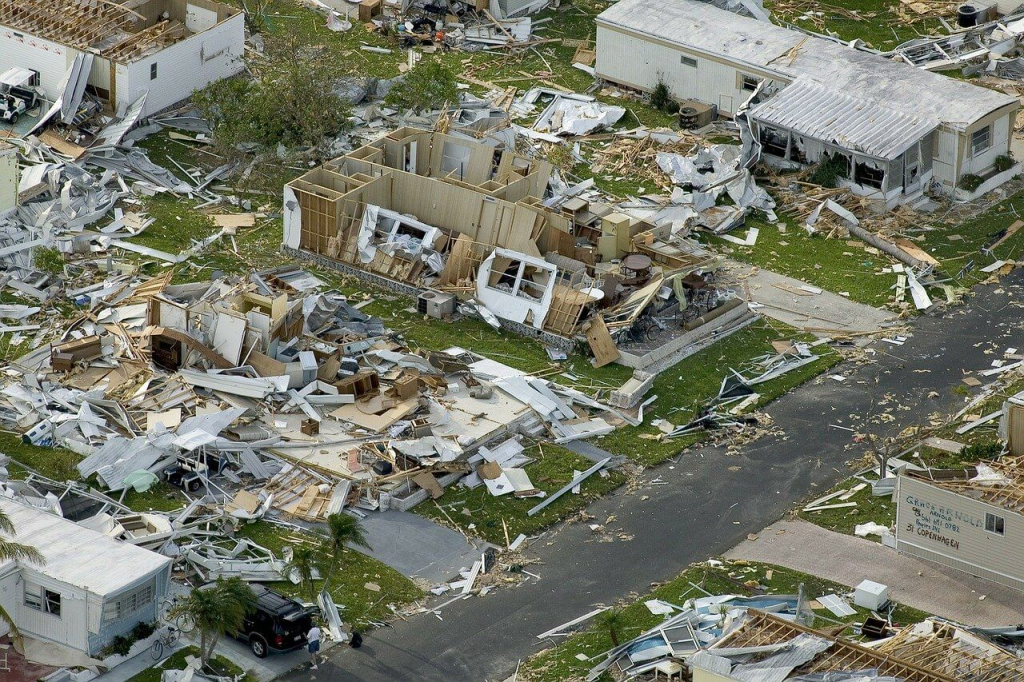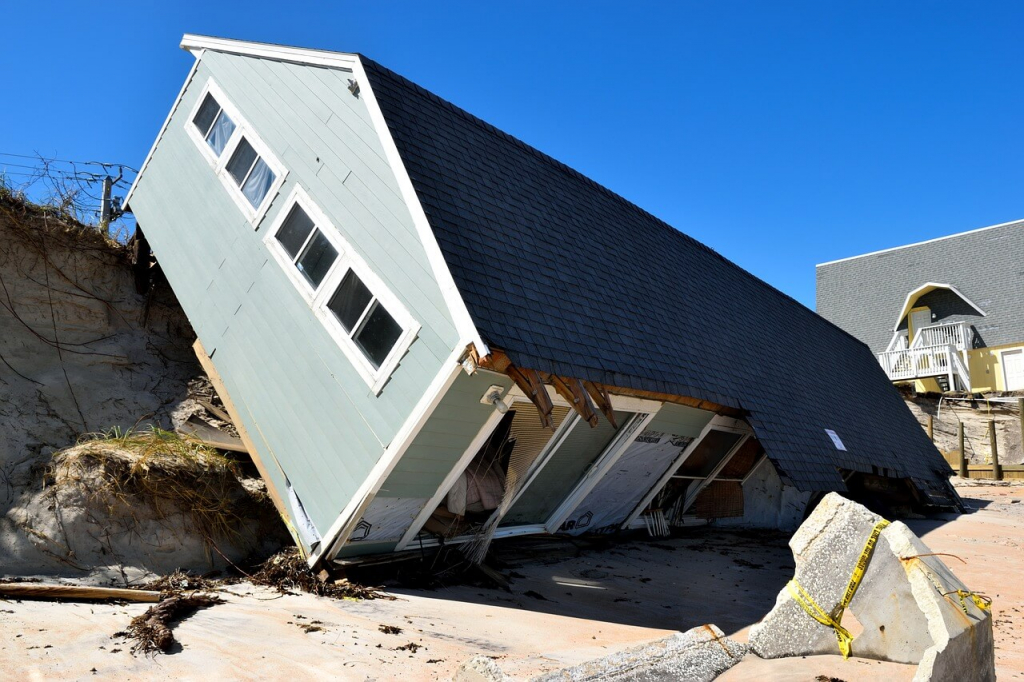Not having landlord insurance is one of the riskiest mistakes a property investor can make. There are things beyond control and unfortunate circumstances are unpredictable. As a wise investor, having insurance to protect your investment will give you the peace of mind that if something bad happens, you would be able to minimize your losses.
Insurance policies vary depending on your needs and what an insurance company can offer. You have to make sure that the policy is tailored for your needs and have the essential coverage. But before we discuss important clauses that should be included in your policy, here are a few facts you need to consider.
- A standard property insurance policy is different from a landlord’s insurance policy.
- A landlord’s policy is more appropriate if the owner does not live in the rental property.
- One major difference between the two is that rental loss is not covered by standard property insurance.
- It is important to change your standard property insurance to a landlord’s insurance if the landlord decides to move out of his rental property.

Now that you have a better idea of the value of having a landlord insurance policy, you have to make sure that it would include the following clauses:
Dwelling coverage
If you are still paying off the mortgage, your lender would most probably require you to have this in your policy.
It will protect you from financial losses brought by structural damage such as plumbing, electrical, internal fixtures, appliances, and other physical issues.
Make sure it includes “Guaranteed Replacement Cost” coverage so that the cost to rebuild/replace the property will be covered if it will be destroyed by calamity or fire.

Personal property protection
This coverage will be more beneficial if the rented property is fully furnished because it covers damage to appliances, flooring, carpeting, furniture, light fixtures, and other contents of the property.
Water/flood coverage
If you are located in a flood-prone area, this coverage will be of value to you because it covers property damage due to heavy rains and flooding. This also covers water issues due to natural calamities.
Acts of nature
This coverage is usually available as an insurance add-on and it covers damage due to natural calamities like tornadoes and earthquakes.
You should opt for this coverage depending on where you are located because the odds of certain natural calamities to occur varies in different areas. For example, tornado insurance is more important if you are located in Kansas, but not if you’re in California.
The price also varies. Hurricane insurance costs a lot in Florida that it is sometimes more expensive than the actual cost of rebuilding your property.

Rental Income Coverage
This covers loss of rental income throughout a certain period when a rental property could not accommodate tenants because it is undergoing major repairs or catastrophe.
Although this might seem very appealing, you have to weigh first if the additional premium you will pay will be worth it or if you can afford to self-insure if you will not have rental income for a certain number of months.

Liability Coverage
If a tenant or employee gets injured inside your property and sue you for damages, a legal or liability coverage can help you with the costs. This is very important for every landlord since large settlement and high legal fees could render you financially bankrupt and you could even lose your business.
In a nutshell…
You have to make sure that your landlord insurance is perfectly tailored for your needs and can give you peace of mind and security.
Knowing that you are protected will make you more confident to advertise your property and accommodate more tenants. You can market your property listing by publishing it on Padleads and syndicating it to popular rental websites.